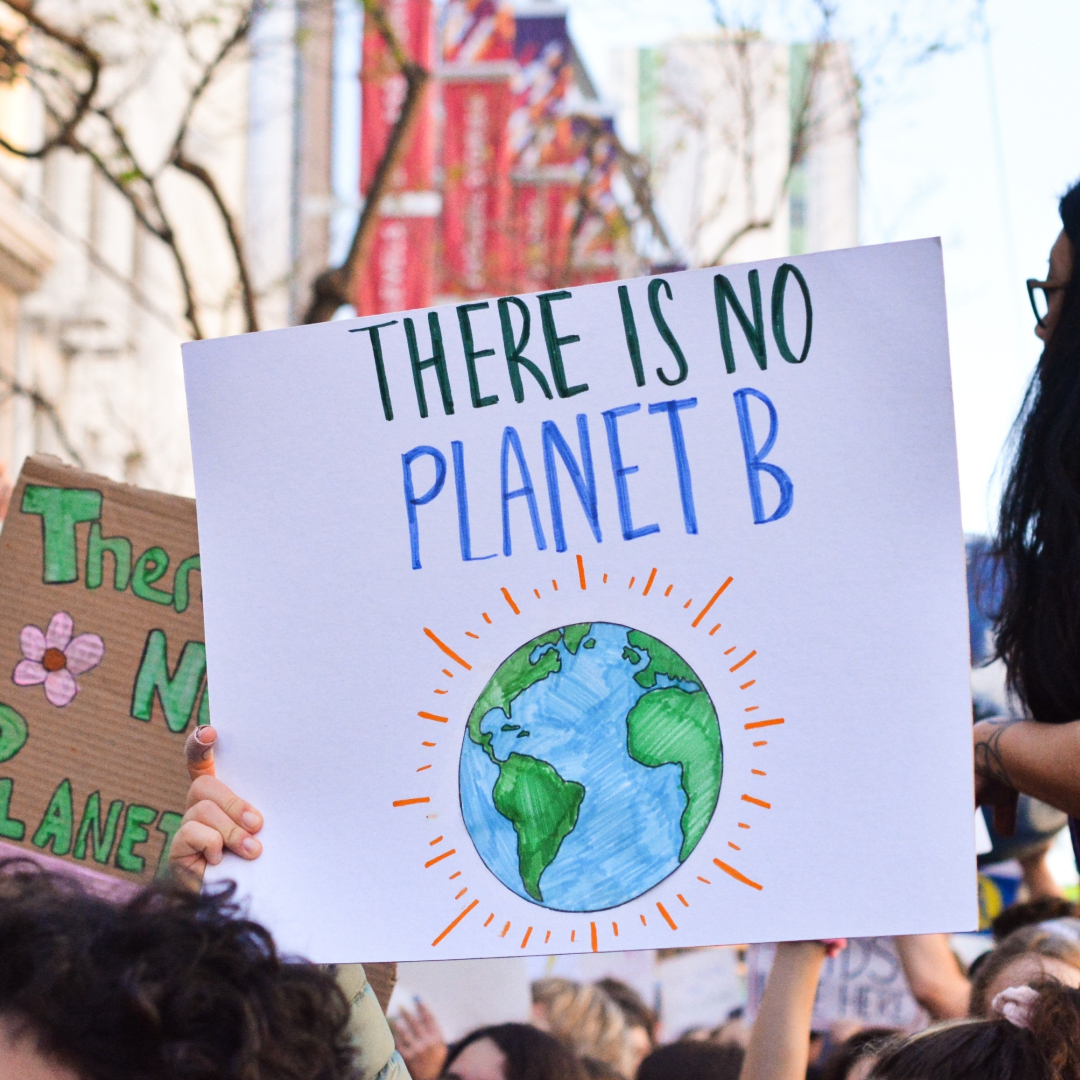Our brains are wired to react and restructure depending on the visual language that is constantly being transmitted to us. The words we see, use and hear transform our behaviour and the activity of our brain without us even realising. In fact, our brains don’t respond as rapidly to positive words as they do to negative ones. Considering this, what does this mean for the language we use when discussing the urgency of saving our planet? Following the recent motion of the climate emergency being passed in parliament, it is great to see organisations such as The Guardian (follow link here) changing the language that is suited for the time of concern and urgency that we are living in.
Take the term “Climate change”, what does this really mean? Change can be both good or bad, and it doesn’t specify a precise result or event. It doesn’t symbolise anything specific, only that the climate is altering. The term doesn’t differentiate our man-made climate crisis with changes that naturally occur over millennia on our planet. Change is a word that has no overriding positive or negative connotations, so referring to climate change doesn’t lend much inspiration, it sits on the fence.
It is said that our brains remember emotive words better than neutral ones. This makes the argument for wording such as emergency or crisis, more memorable and influential in forming a movement of urgency. However, whichever way we decide to phrase our conversations about the climate crisis, it is important to recognise that for every problem we need to present a solution. Whilst it is more factual and accurate to use wording such as ‘emergency’ and ‘crisis’, our brains are generally wired to function more rationally to positive language. So, although our brains are better at remembering emotive wording, we are also at risk of affecting how they function.
We are living in a climate crisis that needs reaction and engagement now rather than later. We need to focus not on the mistakes that have been made, but on the positive actions we can make to move forward rationally and logically. This is why in fundraising we always create a focus on the solution, because they are still there, and it is important to signify the difference that can still be made. In swapping our use of language from climate change to climate crisis, we are creating a necessary sense of urgency that is factually more accurate. Presenting this with a solution means we can build a stronger movement with individuals that are motivated to focus on the changes that can be made today.
We have several clients at Purity who work to tackle the climate emergency and the domino effect it has on our planet. In terms of international development, the climate emergency is having a huge impact on social and economical opportunities. Women are more directly affected in developing countries because they often have the role of collecting water for their family, leaving them with a further distance to travel and more at risk of violence. Climate is affecting the decline of wildlife as migration patterns are disrupted. This can lead animals to migrate too early, too late or move completely which can all impact their food source and lead to starvation. This is why many of our clients, and ourselves, see the climate emergency as a top priority that we are all working to tackle now.
It isn’t too late, and we at Purity are dedicated to helping fight for these positive actions in order to secure a planet that thrives and flourishes in its environmental security. By focusing on the positive we are creating, we can move forward to help our planet now and make the changes possible.

